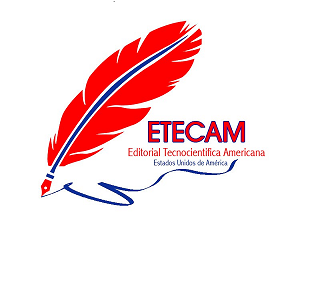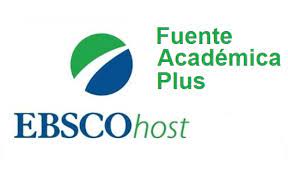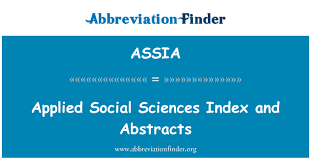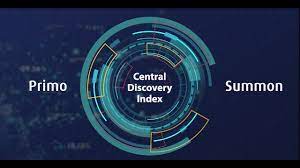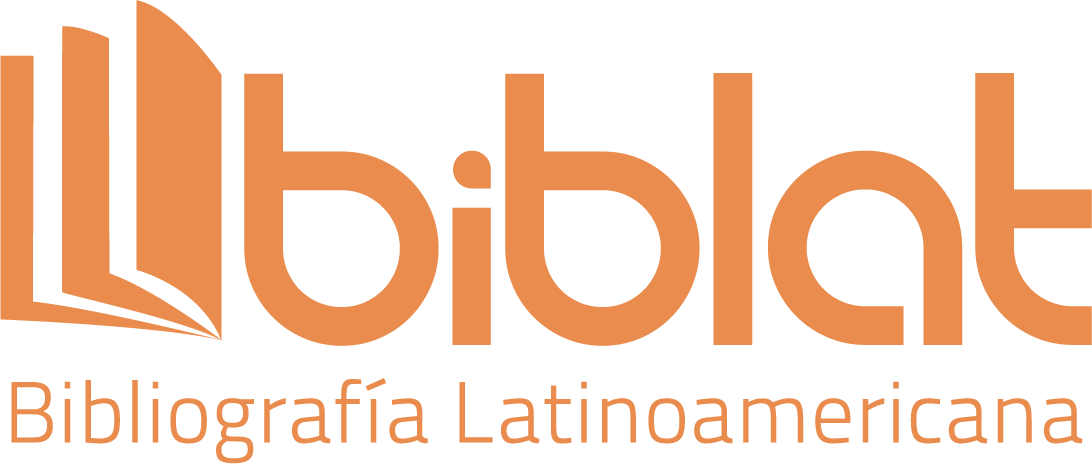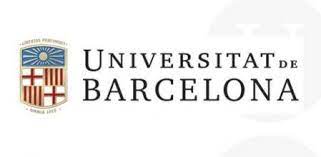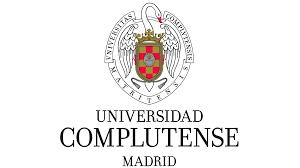The use of pop music for the development of communicative skills in the English language
DOI:
https://doi.org/10.51736/sa.v7i3.347Keywords:
strategy, communication skills, understanding, motivationAbstract
The research explored the effectiveness of integrating pop songs in the teaching of English to students in the Manabí region, Ecuador. Using this pedagogical strategy is important because it seeks to increase students' motivation and improve their language skills in a culturally relevant context. The main objective was to analyze how pop music can contribute to the development of communicative skills, such as listening comprehension, vocabulary, pronunciation and sociolinguistic competence. A mixed methodology was used in the research, applying qualitative and quantitative methods, including participatory observation, interviews and content analysis. A case study was conducted with students and teachers, collecting data on their use and perceptions of pop music in the classroom. The main result showed that 85% of teachers regularly use pop music in their classes and that 90% of students prefer this method over traditional ones. It is concluded that pop music is an effective and motivating tool for learning English. Its use not only improves students' communicative skills, but also creates a more dynamic and attractive learning environment.
Downloads
References
Bernal, J., Epelde, A., Gallardo, M. Á., & Rodríguez, Á. (2010). La Música en la enseñanza–aprendizaje del Inglés.
Cristóbal, R. y Villanueva R. (2015). La música, un instrumento en la enseñanza del español como lengua extranjera mediante la aplicación de las nuevas tecnologías. Porta Linguarium 23. 139-151. http://www.ugr.es/~portalin/articulos/PL_numero23/9%20%20Ruben%20Cristobal.pdf.
Garrido, C. (2012). Use of Songs in ESL Teaching (Trabajo Fin de Grado). Universidad de Valladolid.
Gbollie, C. and Gong, S. (2013). The Essence of Foreign Language Learning in Today's Globalizing World: Benefits and Hindrances. New Media and Mass Communication, 19, 35-44.
Israel, H. (2013). Language learning enhanced by music and song. Literacy Information and Computer Education Journal, 2(1), 1360-1366.
Lopera, S. (2011). The Use of Songs as a Tool to Work on Listening and Culture in EFL Classes. How, 18(1), 44-60. https://www.redalyc.org/pdf/3222/322227521008.pdf
Maldonado, K., Mero, K., Merchán, E., & Lucas, H. (2023). Plataformas de Aprendizaje en Línea y su impacto en la Educación Superior. Serie Científica De La Universidad De Las Ciencias Informáticas, 16(12), 280-288. https://publicaciones.uci.cu/index.php/serie/article/view/1535
Maldonado, K., Rodríguez, A., & Vera, R. (2021). Tecnologías e innovación disruptiva en la educación superior. Serie Científica De La Universidad De Las Ciencias Informáticas, 14(3), 177-186. https://publicaciones.uci.cu/index.php/serie/article/view/765
Mosquera, I (2013). Influencia de la música en las emociones. Realista, Revista de Ciencias Sociales, Humanas y Artes, 1 (2), 34-38. http://dialnet.unirioja.es/descarga/articulo/4766791.pdf
Murphey, T. (1992). Music and Song. Oxford University Press. Music and Song. Front Cover. Tim Murphey. OUP Oxford.
Sánchez, J. M. (1994). Adquisición de una segunda lengua. In Problemas y métodos en la enseñanza del español como lengua extranjera: actas del IV Congreso Internacional de ASELE (Asociación para la Enseñanza del Español como Lengua Extranjera) (pp. 21-60).
Sánchez, M. P., & de Tembleque, R. R. (1986). La educación bilingüe y el aprendizaje de una segunda lengua: sus características y principios fundamentales. Infancia y aprendizaje, 9(33), 3-25.
Sanjuán, J. (2011). La importancia del inglés en la actualidad. En Euroinnova Business School. http://www.euroinnova.edu.es/11-6-10/LA-IMPORTANCIA-DEL-INGLES-EN-LA-ACTUALIDAD
Shafirova, L., & Cassany, D. (2017). Aprendiendo idiomas en línea en el tiempo libre. Revista de estudios socioeducativos, 5, 49-62.
Zhang, J. (2011). Jazz Chants in English Language Teaching. Theory and Practice in Language Studies, 1, 563-565.
Published
How to Cite
Issue
Section
License
Copyright (c) 2024 Marlon Ruben Barcia Moreira, Johanna Elizabeth Tello Macias, Patricia Germania Toapanta Santos, Gimena Elizabeth Rodríguez Govea

This work is licensed under a Creative Commons Attribution-NonCommercial-ShareAlike 3.0 Unported License.













